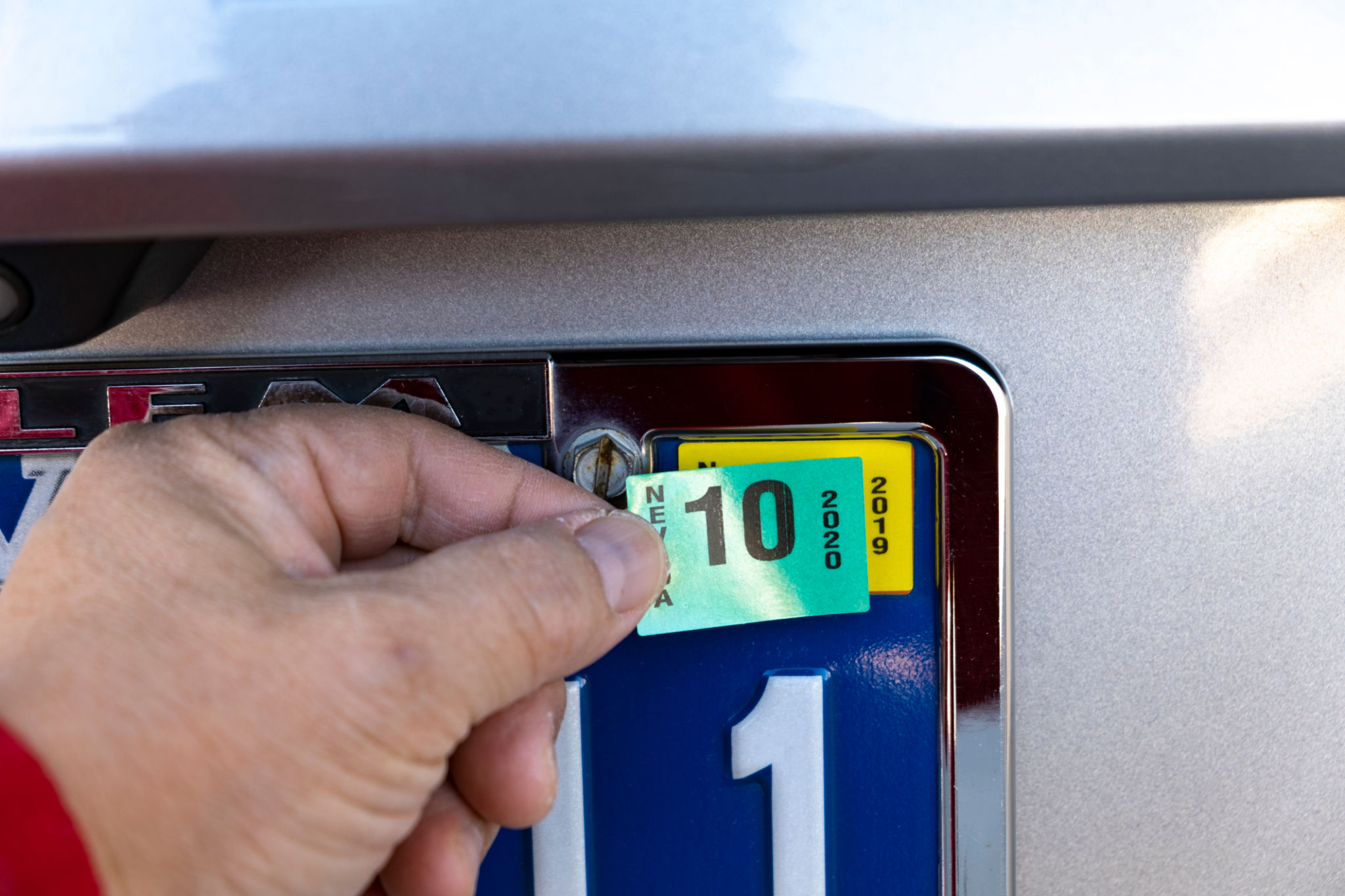Understanding Spanish Auto Registration: Common Challenges and How to Overcome Them
Introduction to Spanish Auto Registration
Navigating the Spanish auto registration process can be a daunting task for newcomers and even some long-term residents. Understanding the specific requirements and procedures is crucial to ensuring a smooth experience. This guide aims to shed light on common challenges encountered during the registration process and offer practical solutions to overcome them.
Whether you are importing a vehicle or purchasing one within Spain, the registration process involves multiple steps that must be completed accurately. Missing any detail could result in delays or fines, so it's essential to be well-prepared.

Documentation Requirements
One of the most critical aspects of registering a vehicle in Spain is ensuring you have all the necessary documentation. The list of required documents can vary depending on whether the car is new, used, imported, or purchased locally. Generally, you will need:
- The *purchase invoice* or contract
- A valid *ITV (Inspección Técnica de Vehículos)* certificate
- Your *NIE (Número de Identificación de Extranjero)* or residency card
- Proof of identity, such as a passport
- Proof of address in Spain
Gathering these documents in advance can save you time and help ensure that your registration process proceeds without unnecessary hiccups.
Understanding the ITV Certificate
The ITV certificate is akin to a vehicle inspection report, verifying that your car meets the road safety and environmental standards set by Spain. New vehicles are typically exempt from this requirement for the first four years, while older cars must undergo periodic inspections.
If your vehicle fails the ITV inspection, it will be necessary to address any issues before proceeding with registration. This may involve repairs or adjustments to meet the required standards.

Fees and Taxes
Another common hurdle in the registration process is understanding and paying the necessary fees and taxes. These costs can vary based on factors such as the vehicle's age, type, and CO2 emissions. The primary taxes include:
- Registration Tax (Impuesto de Matriculación): Calculated based on the car's CO2 emissions.
- Road Tax (Impuesto sobre Vehículos de Tracción Mecánica): An annual tax dependent on the vehicle's specifications.
It's crucial to budget for these expenses when planning your vehicle purchase or importation.
Dealing with Bureaucracy
Spanish bureaucracy can be challenging to navigate, especially if you're not fluent in the language. It may be beneficial to engage a *gestor*, a professional who specializes in handling administrative processes in Spain. A gestor can help streamline your registration experience by managing paperwork and liaising with authorities on your behalf.

Tips for a Smooth Registration Process
To ensure a successful registration experience, consider these practical tips:
- Research thoroughly: Familiarize yourself with the process by consulting official sources or speaking with others who have registered vehicles in Spain.
- Plan ahead: Allocate time for unexpected delays, especially if sourcing parts for repairs or awaiting documents from abroad.
- Keep copies of everything: Retain copies of all submitted documents and receipts as proof of compliance and payment.
By following these guidelines and anticipating potential challenges, you can simplify your Spanish auto registration journey.
Conclusion
The process of registering a vehicle in Spain involves several steps and requirements, but with careful preparation and understanding, it can be managed effectively. By gathering the necessary documentation, budgeting for fees and taxes, and seeking professional assistance when needed, you can navigate the system successfully and enjoy driving your vehicle legally on Spanish roads.
